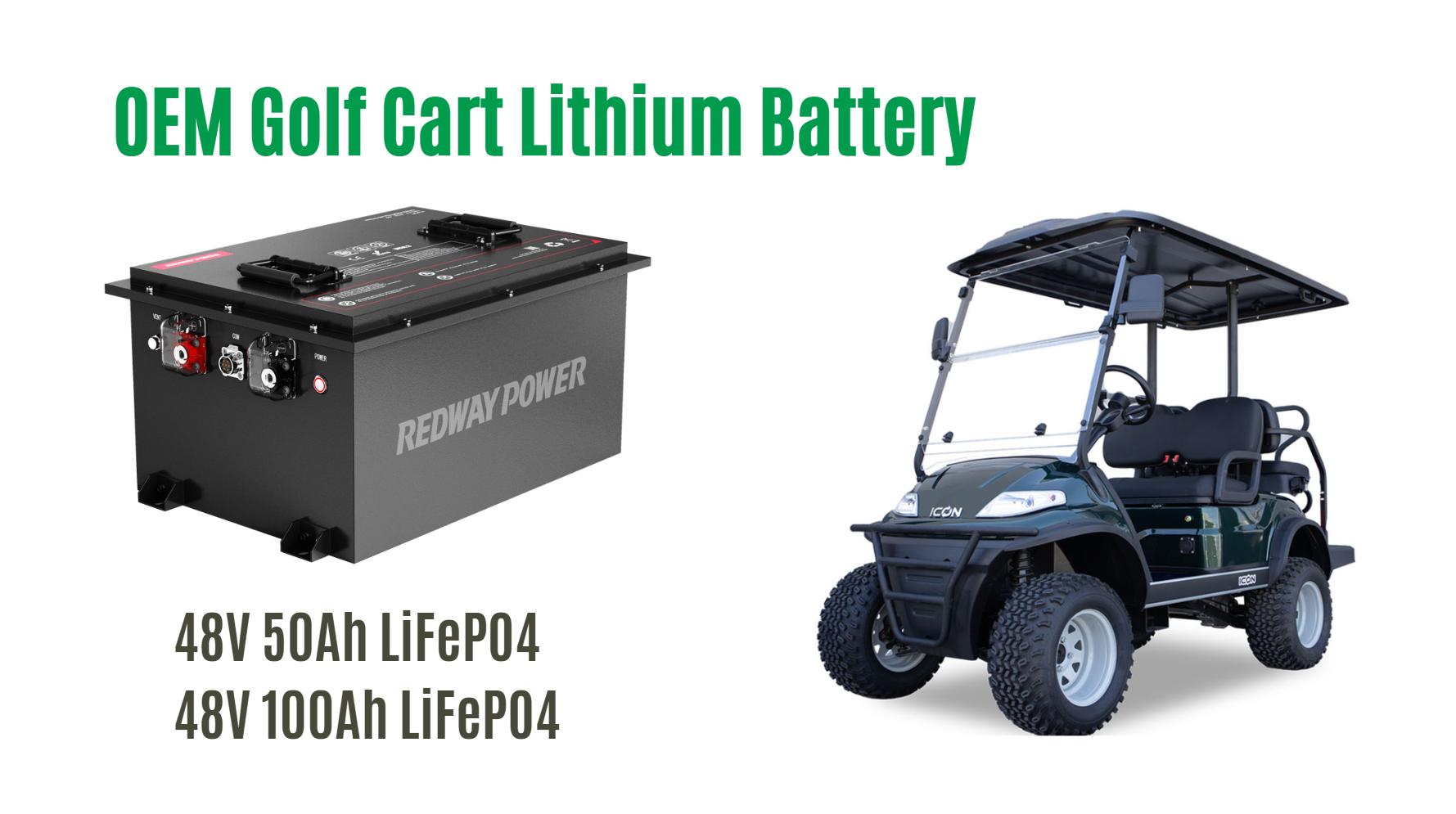ICON EV golf carts are popular for their blend of modern design, eco-friendly electric power, and customizable features. These carts offer zero emissions, advanced lithium-ion batteries, and versatile configurations for golf courses, neighborhoods, and commercial use. With competitive pricing and low maintenance, they appeal to buyers seeking sustainable, efficient, and stylish transportation solutions.
How Do ICON EV Golf Carts Compare to Traditional Gas-Powered Models?
ICON EV golf carts eliminate emissions, reduce noise pollution, and cut fuel costs compared to gas models. Electric motors require less maintenance (no oil changes or spark plugs) and provide instant torque for smoother acceleration. Lithium-ion batteries offer longer lifespans and faster charging than lead-acid alternatives, making them cost-effective over time.
What Features Do ICON EV Golf Carts Offer?
Key features include LED lighting, weather-resistant seats, digital displays, regenerative braking, and smartphone connectivity. Customizable options include lift kits, cargo beds, and premium upholstery. Advanced safety features like headlights, turn signals, and rearview mirrors ensure compliance with road-legal requirements in many states.
Where Can You Legally Drive an ICON EV Golf Cart?
Most states permit ICON EV carts on roads with speed limits up to 35 mph, provided they have safety features like seat belts and mirrors. Rules vary by locality—check local regulations for golf course communities, private property, or public road access. Some areas require registration, insurance, or a driver’s license.
Why Choose Lithium-Ion Batteries in ICON EV Golf Carts?
Lithium-ion batteries last 2-3 times longer than lead-acid batteries, charge faster (4-6 hours), and maintain consistent power output. They’re lighter, require no water refills, and perform better in extreme temperatures. Though pricier upfront, their longevity and efficiency reduce long-term ownership costs.
Can ICON EV Golf Carts Be Customized for Commercial Use?
Yes. ICON EV offers commercial-grade configurations with cargo beds, extra seating, and heavy-duty frames. These cater to resorts, warehouses, and event venues. Custom branding, weather enclosures, and solar charging options are available for businesses prioritizing sustainability and functionality.
What Maintenance Do ICON EV Golf Carts Require?
Routine maintenance includes tire pressure checks, brake inspections, and battery monitoring. Lithium-ion batteries need no watering but benefit from occasional terminal cleaning. Software updates for motor controllers and periodic suspension lubrication ensure optimal performance. Annual professional servicing is recommended.
How Does Pricing for ICON EV Golf Carts Compare to Competitors?
ICON EV carts range from $9,000 to $15,000, positioning them as mid-to-high-tier options. They’re more affordable than Club Car or E-Z-GO premium models but costlier than basic gas carts. Financing plans and federal/state EV incentives can offset initial costs.
Expert Views
“ICON EV’s focus on lithium-ion technology sets them apart in the golf cart market,” says a Redway battery expert. “Their carts combine sustainability with rugged performance, ideal for both recreational and commercial users. The modular design allows easy upgrades, ensuring buyers future-proof their investment as battery tech evolves.”
Conclusion
ICON EV golf carts offer a compelling mix of eco-friendliness, innovation, and versatility. With robust lithium-ion batteries, customizable features, and competitive pricing, they’re a smart choice for buyers prioritizing sustainability and long-term value. Always verify local regulations and explore financing options to maximize your investment.
FAQs
Are ICON EV Golf Carts Street Legal?
In most states, yes—if equipped with lights, mirrors, and seat belts. Check local laws for specific requirements.
How Long Does an ICON EV Battery Last?
Lithium-ion batteries last 8-10 years or 2,000+ charge cycles, outperforming lead-acid by 3x.
Can I Upgrade My ICON EV’s Battery Later?
Yes. ICON EV’s modular design supports future battery upgrades for enhanced range or power.
{stop article} “`




